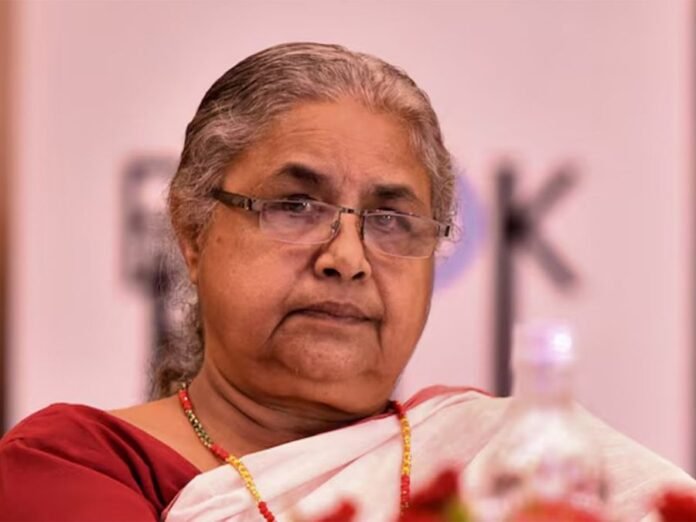Kathmandu residents are buzzing with excitement after Nepal welcomed Sushila Karki as its new Prime Minister, heading the interim government. For the first time, the country has a woman leading as PM, and people hope this will pull Nepal out of its ongoing political crisis.
"We’ve waited so long for change in Nepal’s politics," said Bishnu Maya Dhakal, a local from Kathmandu. "With Sushila Karki as our first woman Prime Minister, I believe we’ll finally solve these problems and move forward."
Karki made history late Friday when President Ram Chandra Paudel swore her in at Shital Niwas. This marks a big shift for Nepal, as her appointment follows Article 61 of the 2015 Constitution—unlike past governments formed under Article 76. She steps in with strong support from the youth-driven Gen-Z movement, which sparked nationwide protests and led to the House of Representatives’ dissolution. After tough talks, top leaders agreed to form this interim government under her leadership.
Who is Sushila Karki? A Trailblazer in Nepal Politics
Born on June 7, 1952, Karki has a remarkable journey from lawyer to Nepal’s first woman Chief Justice and now Prime Minister. She earned her Bachelor’s in Arts from Mahendra Morang College at Tribhuvan University in 1972, followed by a Master’s in Political Science from Banaras Hindu University in India in 1975. She later graduated in law from Tribhuvan University in 1978.
By 1985, she taught as an assistant at Mahendra Multiple Campus in Dharan. Karki joined the 1990 People’s Movement against the Panchayat regime, even landing in Biratnagar Jail—experiences that inspired her novel Kara. In 2008, she became a senior advocate at the Nepal Bar Association and joined the Supreme Court as an ad-hoc justice in 2009, going permanent the next year.
Her big break came in 2016 when the Constitutional Council recommended her as Chief Justice after Kalyan Shrestha’s retirement. She served temporarily until a parliamentary hearing confirmed her in July. Known for her tough stance against corruption, Karki handled major cases, like convicting former Minister Jayaprakash Gupta on graft charges.
But her path wasn’t easy. In April 2017, the Nepali Congress and Maoist Centre filed an impeachment motion against her after the Supreme Court blocked the government’s choice for police chief, favoring Navaraj Silwal over Jaya Bahadur Chand. Many saw this as a politically motivated attack to dodge accountability in high-profile cases. UN human rights chief Zeid Ra’ad Al Hussein even raised alarms about Nepal’s commitment to the rule of law.
Public outcry and a Supreme Court stay order forced the withdrawal of the motion. Then-Home Minister Bimalendra Nidhi quit, and the Rastriya Prajatantra Party ditched its coalition. Karki retired on June 6, 2017, at age 65, but her legacy as Nepal’s first female Chief Justice endured.
Fluent in Nepali, English, and Hindi, Karki has traveled widely—to the US, UK, Sri Lanka, Japan, China, India, Tanzania, and the Netherlands—gaining global insights that could shape her time as Prime Minister.
As Nepal’s new woman leader, Karki’s rise signals hope for stability and fresh energy in the interim government. With the Gen-Z movement’s backing, many expect her to tackle the crisis head-on and guide the nation toward brighter days.
Stay informed on all the latest news, real-time breaking news updates, and follow all the important headlines in world News on Latest NewsX. Follow us on social media Facebook, Twitter(X), Gettr and subscribe our Youtube Channel.



